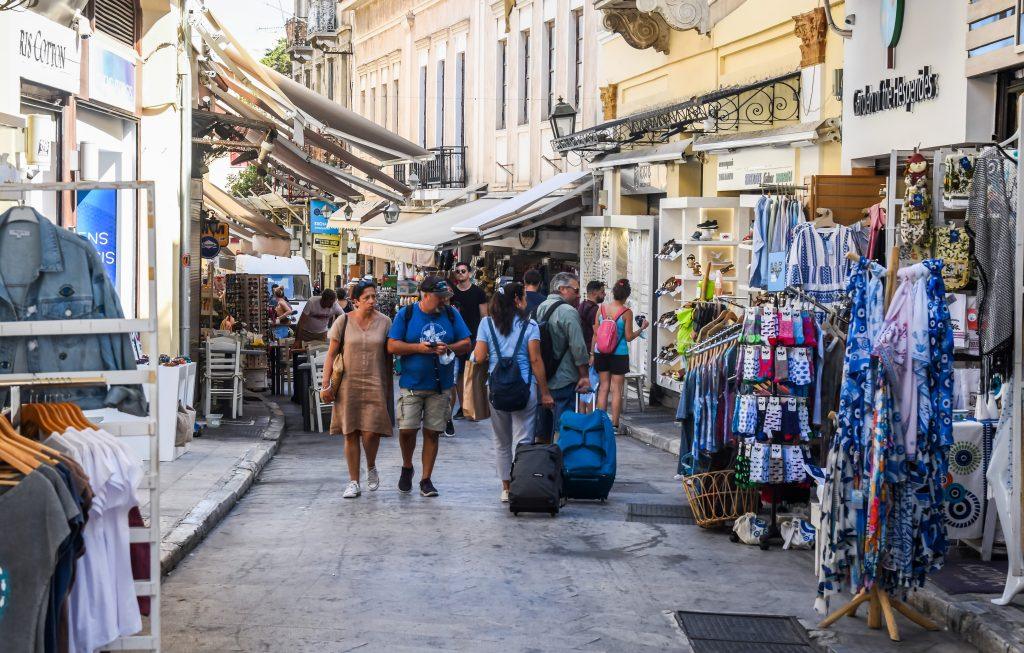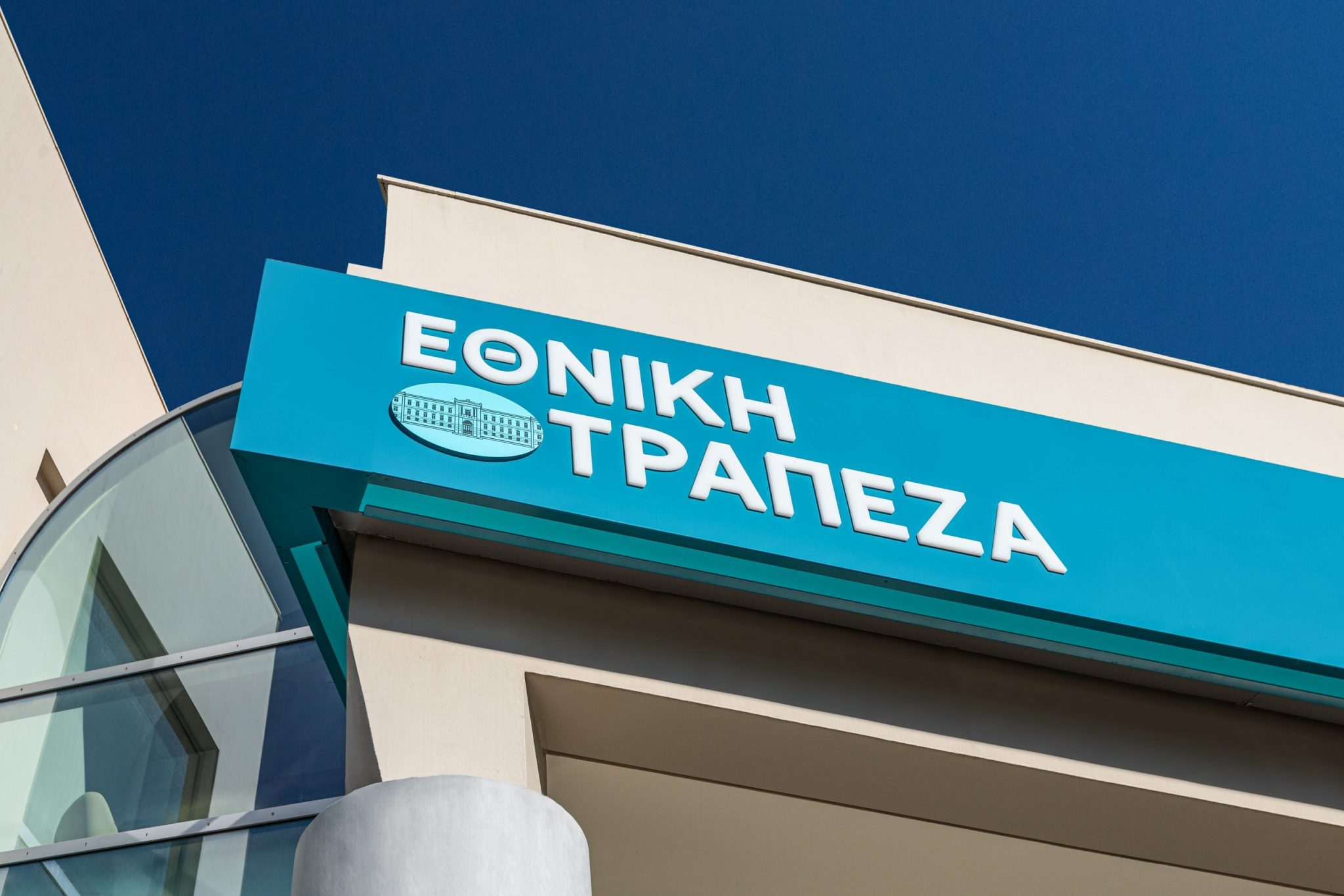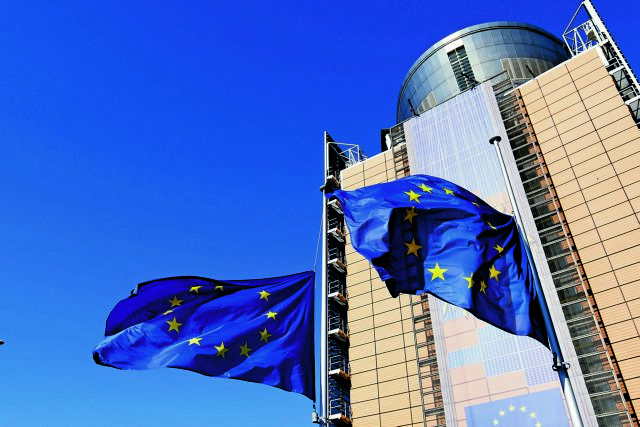Three out of 10 trucks entering the EU from Turkey will now undergo strict checks and analysis for pesticide residues in fruit and vegetables, following an increase in detections recorded last season in the number of Turkish consignments.
Specifically, the European Commission approved the increase of pesticide controls on Turkish lemons and grapefruits imported into the European Union.
The decision was taken unanimously by the Standing Committee on Plants, Animals, Food and Feed on November 30, after confirming that “in relation to shipments of lemons and grapefruits from Turkey, a high rate of non-compliance with the relevant requirements provided for in the legislation of Union regarding pesticide residue contamination during official controls carried out by Member States in accordance with Articles 5 and 6 of Implementing Regulation (EU) 2019/1793.
“Therefore, it is appropriate to increase to 30% the frequency of identity checks and physical checks to be carried out on these consignments entering the Union,” the European Commission points out.
This fact caused the amendment of Regulation (EU) 2019/1793, increasing the control rate from 10% to 30% in the case of grapefruit and from 20% to 30% for lemons.
The measure, which will come into force at the beginning of January for a period of six months, means that 30% of trucks entering the EU carrying Turkish lemons and grapefruit will have to undergo strict border checks, including pesticide analysis.
“This is an important decision for European consumers and farmers and strengthening the position of EU products that comply with all commercial standards of quality, hygiene and safety set by European regulations”, comments the special advisor of the Association of Fruit, Vegetable Exporters and Hymon Incofruit Hellas Mr. Giorgos Polychronakis.














![Ακίνητα: Πόσα τ.μ. αγοράζεις με 250.000 ευρώ [πίνακες]](https://www.ot.gr/wp-content/uploads/2025/12/akinita1-e1727899707686-1024x684-1-1-1.jpg)






















